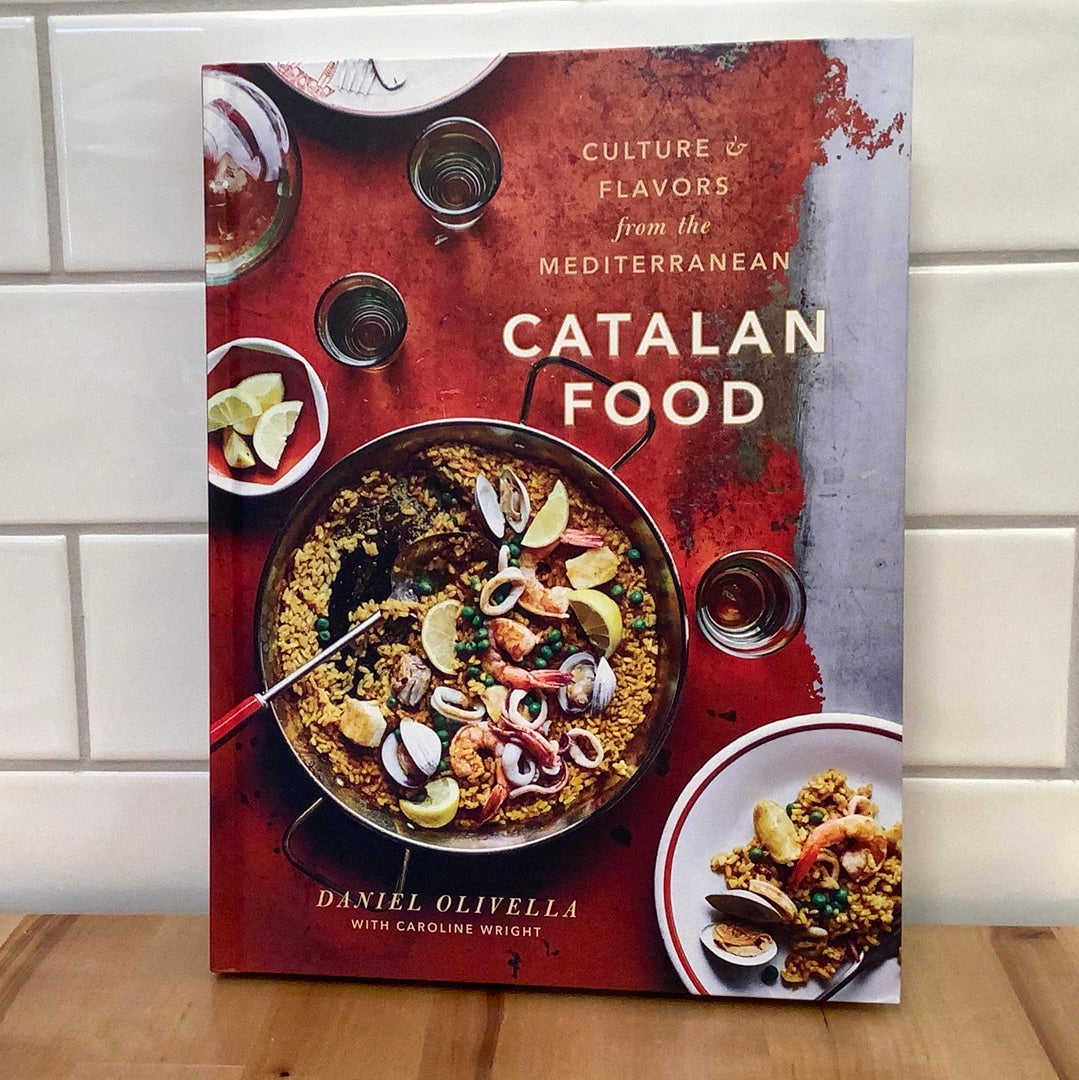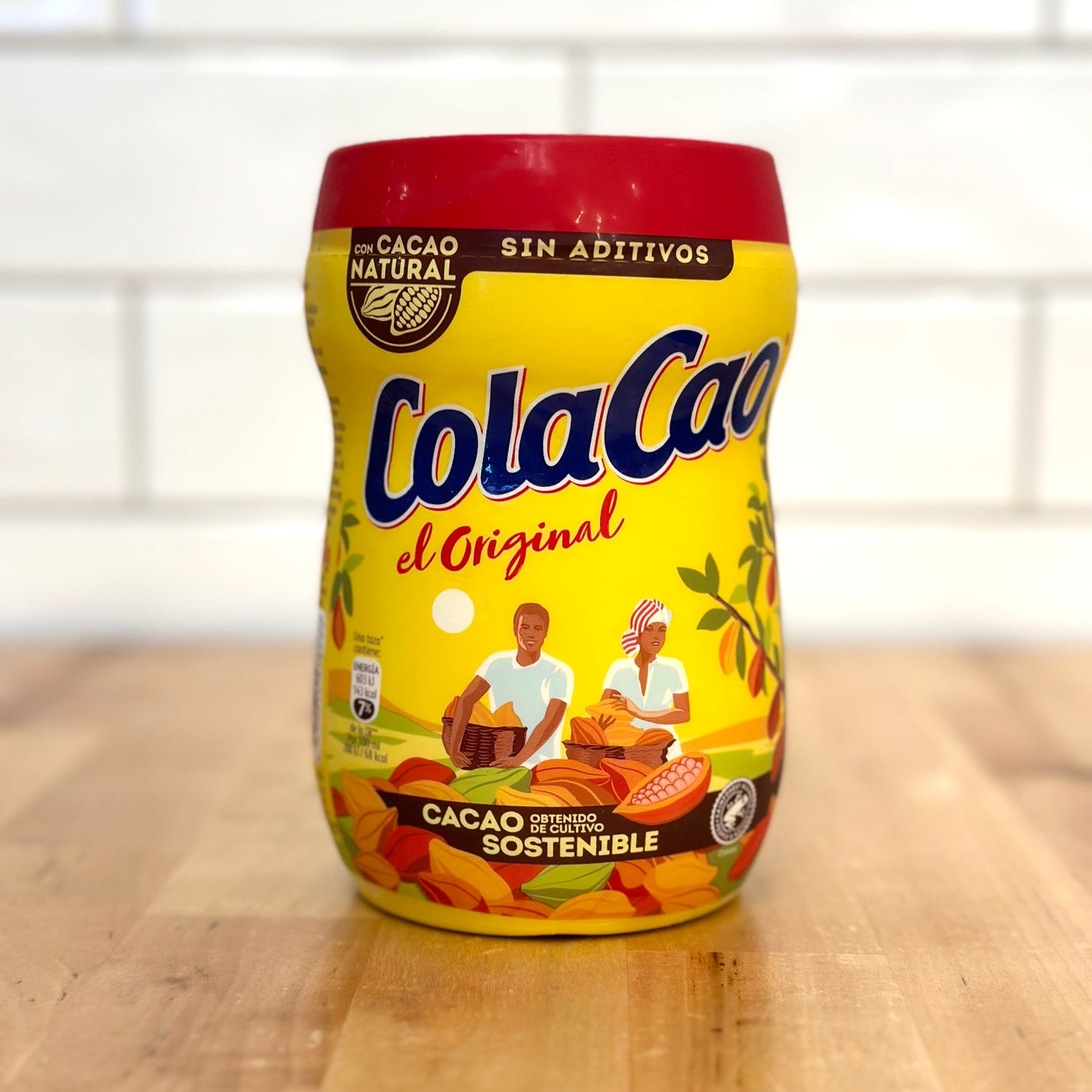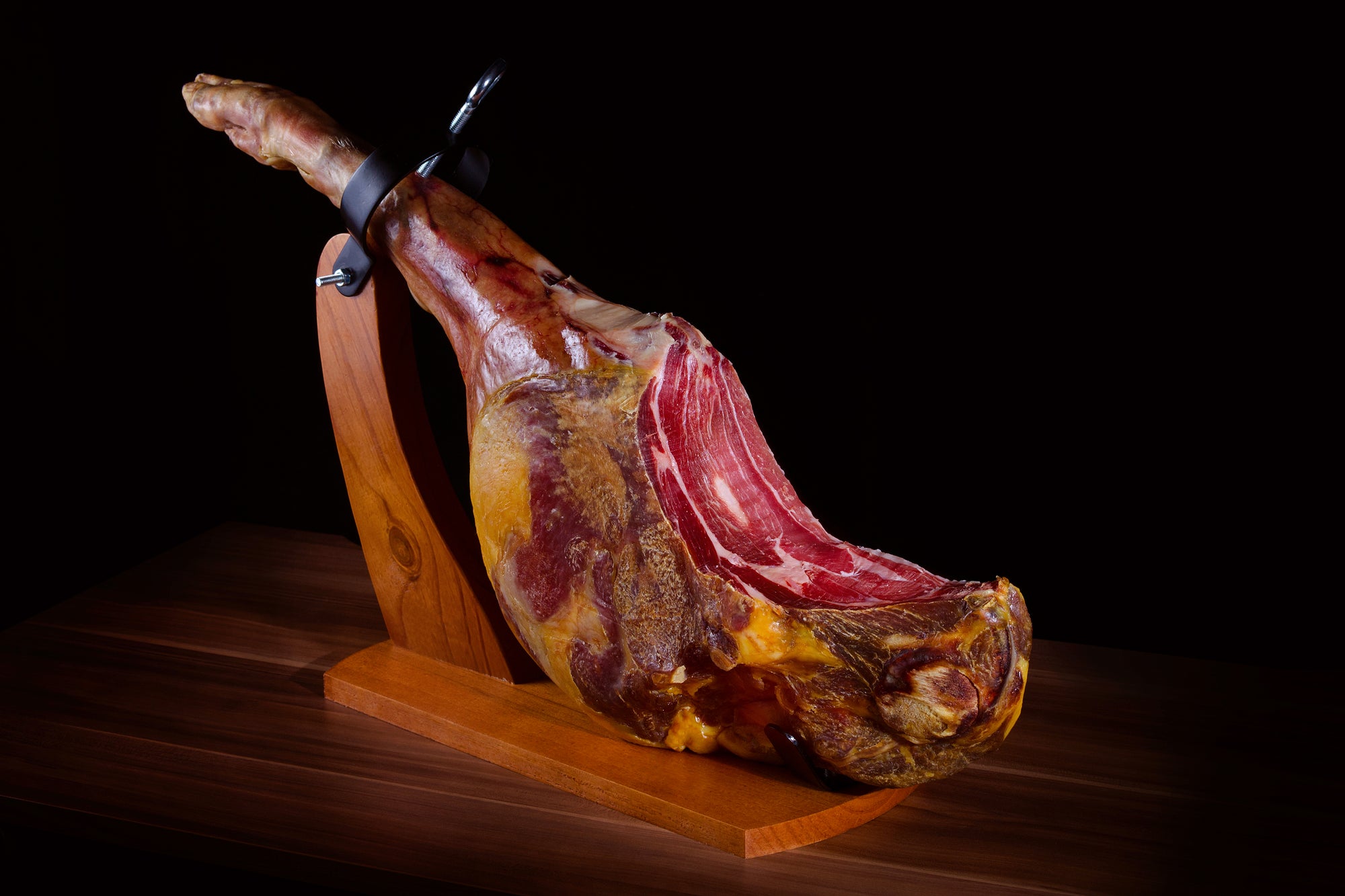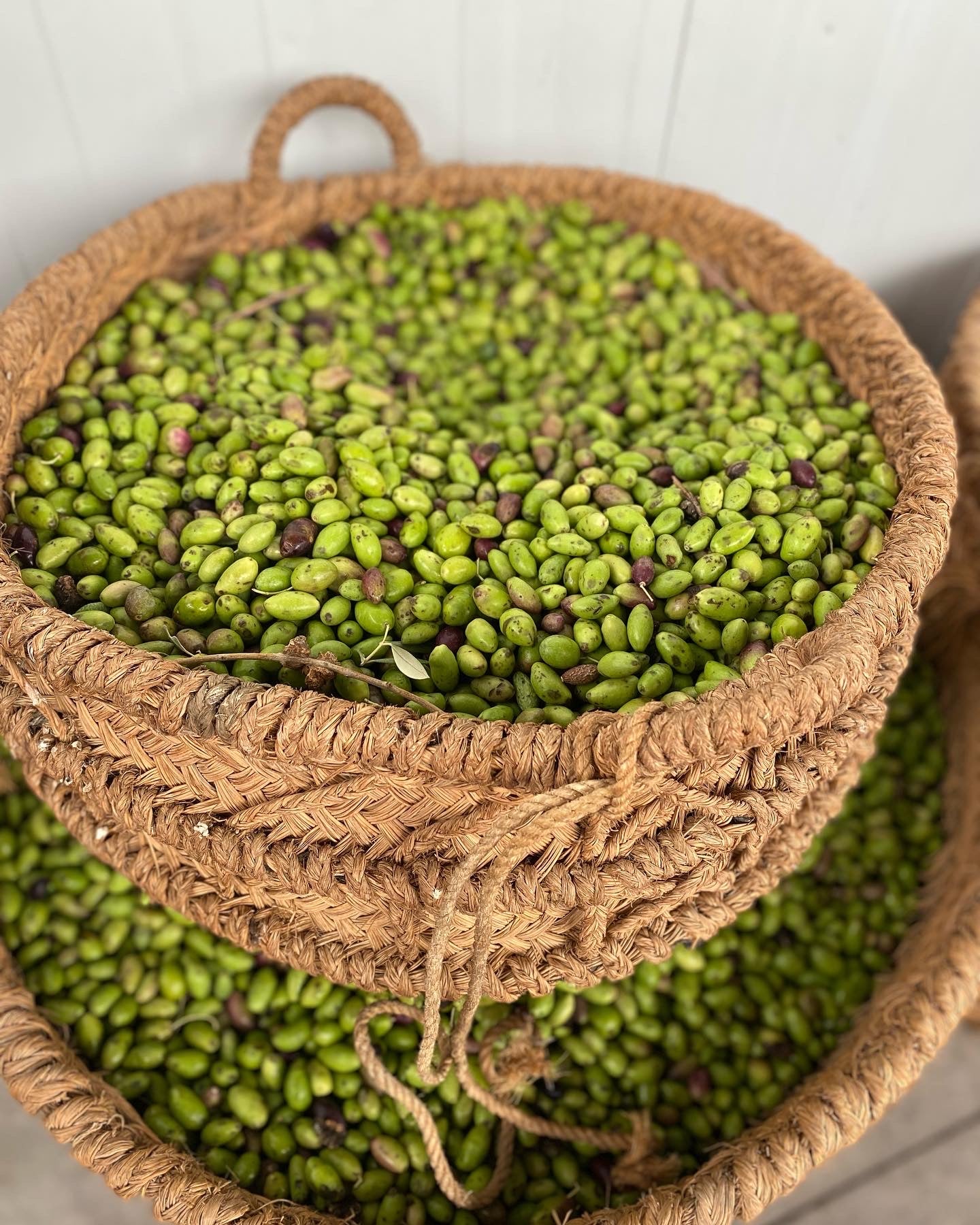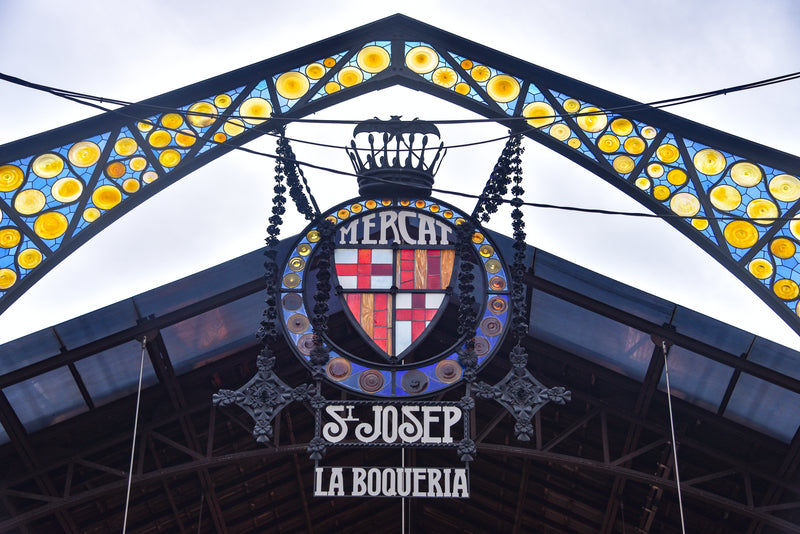
CATALONIA
Catalonia, located in northeastern Spain, has a rich history shaped by various cultures. Historically, it was part of the Roman Empire and later the Carolingian Empire. In medieval times, Catalonia became a principality within the Crown of Aragon. Its strategic location on the Mediterranean led to the development of significant trade routes.
Catalonia's trade routes were vital during the Middle Ages, connecting the region to other Mediterranean powers. The city of Barcelona, as a major port, played a key role in maritime trade. The Catalan merchant fleet engaged in commerce with the Italian city-states, North Africa, and the Levant.
Endemic commodities in Catalonia included agricultural products like wine, olive oil, and almonds. The region's vineyards contributed to a flourishing wine trade, with Catalan wines gaining recognition. Olive oil production, particularly in areas like Tarragona, also became a significant economic activity.
During the Industrial Revolution, Catalonia experienced rapid urbanization and industrialization. Textiles, especially cotton, became a major industry, and Barcelona emerged as a textile manufacturing hub.
In the 20th century, Catalonia faced political challenges, including the Spanish Civil War and Franco's regime. The post-Franco era saw Catalonia regain autonomy, leading to increased economic development.
Modern Catalonia maintains a diverse economy, with sectors like tourism, technology, and finance playing crucial roles. Barcelona continues to be a cultural and economic center, reflecting the historical significance of Catalonia's trade and commodities.
Catalonia's trade routes were vital during the Middle Ages, connecting the region to other Mediterranean powers. The city of Barcelona, as a major port, played a key role in maritime trade. The Catalan merchant fleet engaged in commerce with the Italian city-states, North Africa, and the Levant.
Endemic commodities in Catalonia included agricultural products like wine, olive oil, and almonds. The region's vineyards contributed to a flourishing wine trade, with Catalan wines gaining recognition. Olive oil production, particularly in areas like Tarragona, also became a significant economic activity.
During the Industrial Revolution, Catalonia experienced rapid urbanization and industrialization. Textiles, especially cotton, became a major industry, and Barcelona emerged as a textile manufacturing hub.
In the 20th century, Catalonia faced political challenges, including the Spanish Civil War and Franco's regime. The post-Franco era saw Catalonia regain autonomy, leading to increased economic development.
Modern Catalonia maintains a diverse economy, with sectors like tourism, technology, and finance playing crucial roles. Barcelona continues to be a cultural and economic center, reflecting the historical significance of Catalonia's trade and commodities.
Load more









